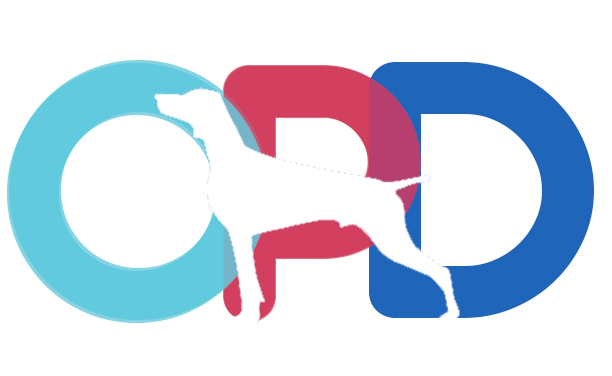by Cyd T.
(Ixtapa, Guerrero, Mexico)
On Mon. Oct 22 my mixed breed dog was diagnosed with a non-malignant growth on his prostate approx. the size of a small lemon. He suddenly lost the ability to poop on 10/22.
I have had the dog, Marcus, for 10 years; his
exact age is unknown, but I estimate him to be about 14 years old. His vet did acupuncture and treated with magnets.
My IMMEDIATE AND PRESSING QUESTION IS: Can I safely do a warm water enema to relieve the straining and discomfort of not being able to poop?
This is not intended as a permanent solution as I did intend to schedule an assisted transition, but I have had unexpected complications arise such as transportation and preparation of burial that are delaying this step.
Prostectomy (surgical removal of part of the prostate gland) is not an option because on Aug 22 Marcus was diagnosed with aspergillosis in his right lung. The vet is not a true holistic vet doing only acupuncture (no herbs) and magnets.
Marcus has done pretty well with my non-professional herbs, vitamins and acupressure massage treatment at home for that issue. His lungs, heart, liver & kidneys are doing well per the vet.
The problem of not being to poop came on after a great BM Mon morning compared
to the smaller frequent BM’s happening twice during our 10 minute walks 4 xs per day. It seems that the prostate growth erupted quickly as it was not detectable 2 months ago and was
detected by rectal exam – I also felt the growth. It did cause the poop to have an increasing flat, ribbon shape.
The acupuncture did not prompt a bowel movement, except for one drop, and the area below the rectum is hard and round.
Up until the evening 10/24 Marcus was feeling good except for his frustration at not being able to poop.
Please tell me if you have any recommendations to deal with the poop problem and if there is anything I can do to make him more comfortable.
He will drink water if I offer it and over the
past 2 months I have ensured his water intake by giving water with a syringe. I may have to delay his transition until Friday.
It is heartbreaking to watch him strain as he doesn’t give up and doesn’t understand the problem. It also seems so sad and undignified for him to transition because he can’t have a BM and I want to make sure that I have investigated all options.
Thank you very much.
Comments for Constipation caused by prostate tumor; Area below rectum is hard & round | ||
| ||
Do you believe in holistic pet care? If so, please tell your friends about us. Thank you for supporting our efforts!
Also see…
- Back to Dog Health Problems Symptoms / Dog Illness Signs Symptoms / Natural Dog Remedies
- Back to 10 Best Dog Food Options / Dog Food Ratings / Buy Dog Food Online
- Back to Conventional vs. Holistic Veterinarians
- Back to Organic Dog Supplies Online
- Back to Pet Friendly Airlines / Pet Friendly Travel
- Back to Organic Pet Digest Natural Dog Care Home Page

